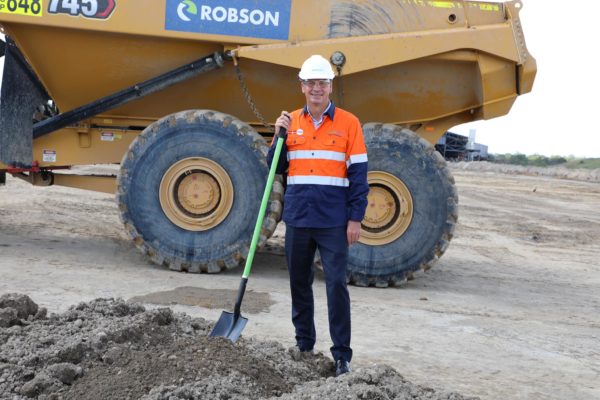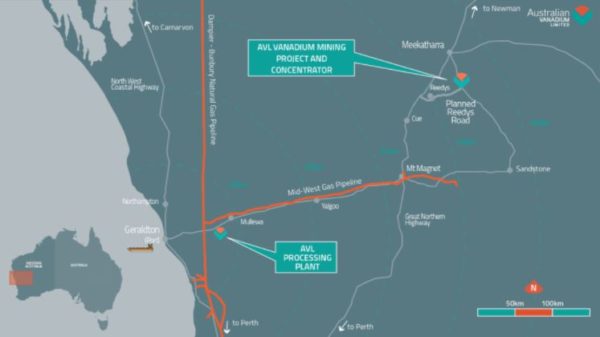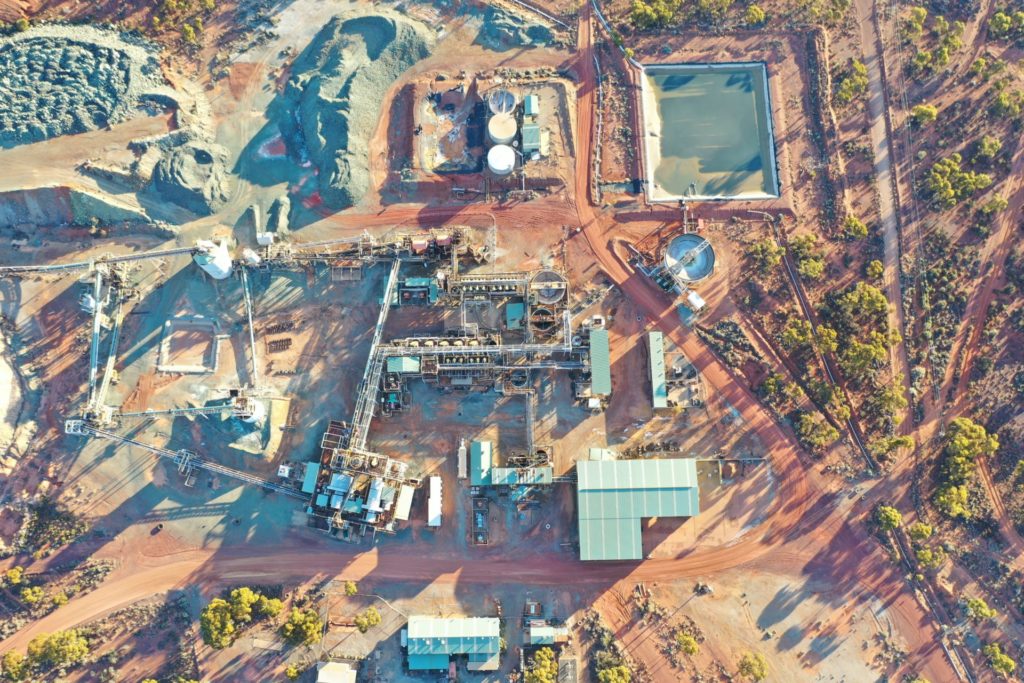The Federal Government has moved to reduce Australia’s dependency on China for rare earth materials, announcing more than $240 million in funding to improve supply chain security for critical minerals required for the manufacture of electric vehicles (EV) and battery energy storage solutions.
With diplomatic relations between Australia and China remaining strained and Russia’s invasion of Ukraine escalating, Prime Minister Scott Morrison on Wednesday announced $243.6 million would be shared among four major private projects that produce critical minerals or are involved in manufacturing batteries.
“Recent events have underlined that Australia faces its most difficult and dangerous security environment that we have seen in 80 years. The events unfolding in Europe are a reminder of the close relationship between energy security, economic security and national security,” he said.
“These projects are about manufacturing the products and materials Australians need and the world needs, by making them right here at home.”
Energy Minister Angus Taylor said the grants, which fall under the $1.3 billion Modern Manufacturing Initiative, are intended to “supercharge” Australia’s critical minerals sector and open up major export opportunities.
While Australia produces half the world’s lithium, is the second-largest producer of cobalt, and is the fourth-largest producer of rare earths, Taylor made it clear the government is seeking to counter China’s dominance of the global market.

Image: Supplied
“Australia is lucky to have some of the largest reserves of the critical minerals and metals which drive the modern global economy,” he said.
“But China currently dominates around 70 to 80% of global critical minerals production and continues to consolidate its hold over these supply chains.
“This initiative is designed to address that dominance.”
Among the four projects to receive funding is Brisbane-based Pure Battery Technology (PBT), a University of Queensland spin-out that has developed a greener, cheaper process for refining critical battery materials.
PBT has been granted $119 million to build an integrated nickel manganese cobalt battery material refinery hub in Western Australia (WA).
PBT will work with Poseidon Nickel to build the $399 million precursor Cathode Active Material (pCAM) hub in the Kalgoorlie region. The company is targeting initial production of up to 50,000 tonnes per annum.
PBT chairman Stephen Wilmot said he expects the grant “will accelerate the growth of the battery materials industry in Australia”.
WA-headquartered Australian Vanadium Limited (AVL) is also among the grant recipients, securing $49 million to help it progress its Australian Vanadium Project.
The project includes the processing of high-grade vanadium from AVL’s Meekatharra mine and transporting to its Tenindewa plant which is to be powered by green hydrogen supplied by partner ATCO Australia.

Image: AVL
The vanadium will then be transformed into energy-storing batteries to fuel the growing domestic and overseas market.
Perth-based Arafura Resources will receive about $30 million in grants funding to build its Nolans Project rare earth separation plant.
The $90.8 million project, located near Aileron in the Northern Territory, is the first of its kind in Australia and has the potential to supply neodymium-praseodymium (NdPr), a required material for EV magnets.
Sydney-headquartered Alpha HPA will receive $45 million in funding to help finance a new high purity alumina production facility near Gladstone in Queensland.
The company said the $330 million project, being developed in collaboration with Orica, will help meet the rapidly expanding demand for lithium-ion batteries.
“These projects are not only game-changers for the local region with the creation of new jobs, they will also open up incredible export opportunities,” Taylor said.
The Federal Government also this week announced a new Critical Minerals Strategy, backed by a $200 million grants program, to accelerate prospective projects plus $50 million to support research and development.
Resources Minister Keith Pitt said the 2022 Critical Minerals Strategy sets out to grow Australia’s critical minerals sector, expand downstream processing and help meet future global demand.
“The strategy will cement Australia’s position as a leading producer of critical minerals, while contributing to our national security and economic prosperity,” he said.
Pitt said the Accelerator initiative will provide grants to strategically significant critical minerals projects in the early and medium term to help them start production at an early date.
This content is protected by copyright and may not be reused. If you want to cooperate with us and would like to reuse some of our content, please contact: editors@pv-magazine.com.









2 comments
By submitting this form you agree to pv magazine using your data for the purposes of publishing your comment.
Your personal data will only be disclosed or otherwise transmitted to third parties for the purposes of spam filtering or if this is necessary for technical maintenance of the website. Any other transfer to third parties will not take place unless this is justified on the basis of applicable data protection regulations or if pv magazine is legally obliged to do so.
You may revoke this consent at any time with effect for the future, in which case your personal data will be deleted immediately. Otherwise, your data will be deleted if pv magazine has processed your request or the purpose of data storage is fulfilled.
Further information on data privacy can be found in our Data Protection Policy.